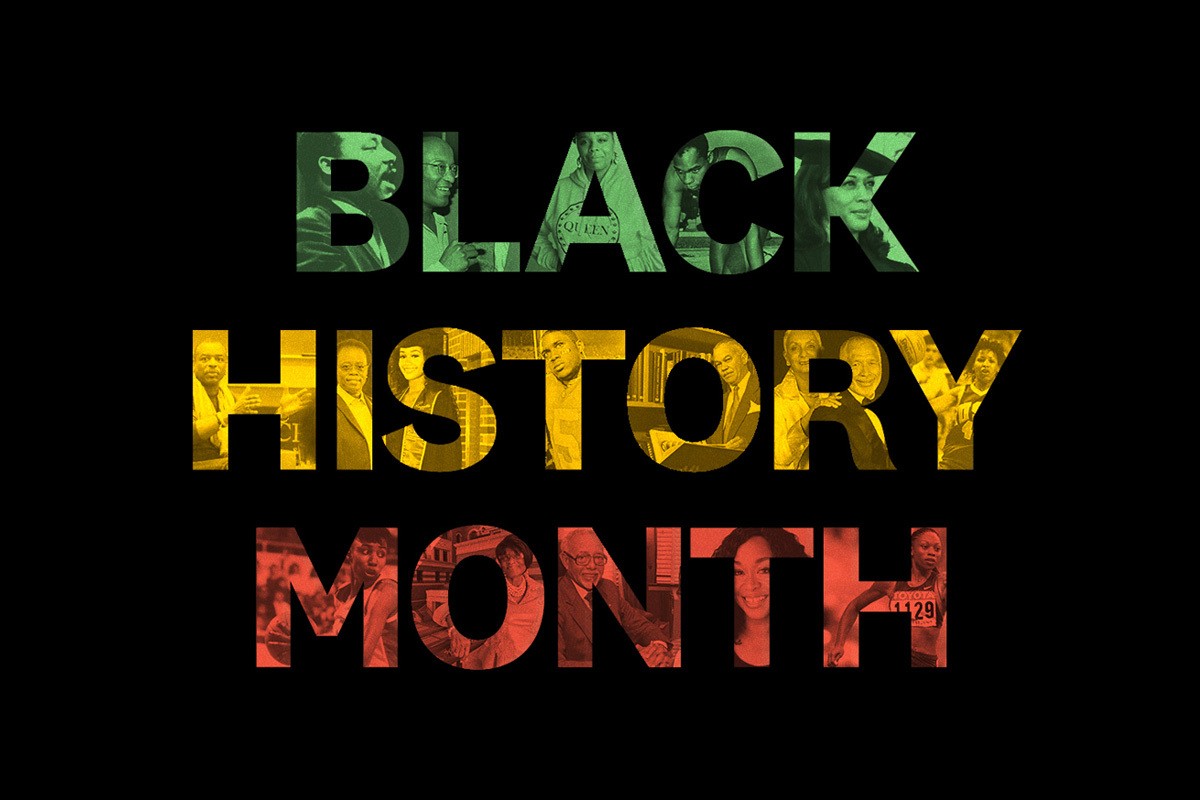Black History Month 2022
What springs to mind when you hear the word “history”? What springs to mind when you hear the word “black”?
What stories do you believe that “Black History” tells?
February is the "Black History Month" and along with Exploration Children's Museum you will meet important African Americans with significant contributions to society, science, politics, entertainment and sports. Every week we will get to know important figures of African American History through photos, books, artifacts, history facts, videos and all of these through play!
“Black History Month” is an annual observance originating in the United States, where it is also known as African-American History Month. It has received official recognition from governments in the United States and Canada, and more recently has been observed in Ireland, the Netherlands, and the United Kingdom. It began as a way of remembering important people and events in the history of the African diaspora. It is celebrated in February in the United States and Canada, while in Ireland, the Netherlands, and the United Kingdom it is observed in October. Its roots are back in 1926, in the United States, when historian Carter Woodson (1875-1950) and the Association for the Study of Negro Life and History announced that the second week of February would be Negro History Week. 50 years later, in 1976, it was decided that this celebration would last all month.
This year's theme for Black History Month, "Black Health and Wellness", takes a look at how American healthcare has often underserved the African-American community. As the COVID-19 pandemic has recently shown, a widespread disparity of access to quality healthcare negatively impacts outcomes for blacks and other minorities.
For African-Americans, the root of the problem goes deep, and back centuries. Beginning with slavery a lack of economic opportunity, often put medical care out of reach for many African-Americans. Even in good economic times, during the Jim Crow era "Whites Only" hospitals were commonplace throughout the South. Black medical facilities were often understaffed, underfunded, or non-existent. This stark reality gave credence to the saying: “When white folks catch a cold, black folks get pneumonia.” Black folk remedies helped pick up the slack involving rituals and incantations, harking back to its African roots. Many plant-based medicines were also part of the cure. These included garlic for high blood pressure, and aloe vera for skin injuries which have since been validated in scientific studies.
It was only into the 20th century when Black America was given a better shot at institutional health care. That's when the US government threatened to withhold Medicare payments to 'Whites Only" medical institutions and -- almost overnight -- hospitals were desegregated. The year was 1964 with the passage of the Civil Rights Act. More than 40 years later, following years of negotiations with the health insurance industry, the Affordable Care Act was eventually passed by the Obama administration that gave better access to medical care for Americans of all colors. Today, (almost unbelievably for a rich industrialized nation), the US continues to lag behind the rest of the world in providing affordable medical care for a majority of its citizens. As a result, African-Americans, other minorities and especially the poor remain among the country's most vulnerable populations.
This month, along with ECM, we learn about African-American scientists, pioneers of medicine, who changed the medical world and they continue to save millions of lives with their discoveries. Every week we’ll explore the secrets of the human body and we’ll discover a scientist through photos, books, objects, historical sources, videos. And all this of course through the game!
Follow us on ECM's website and on our social networks and to explore with us the African-American History of Medicine together!
We are waiting for you!
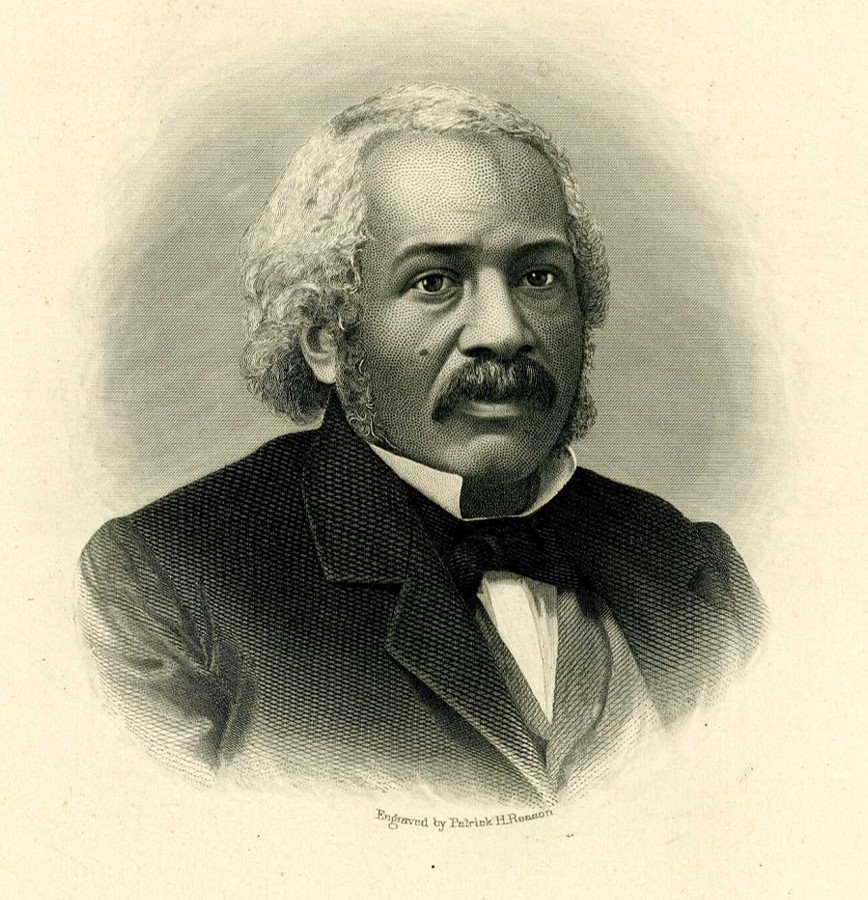
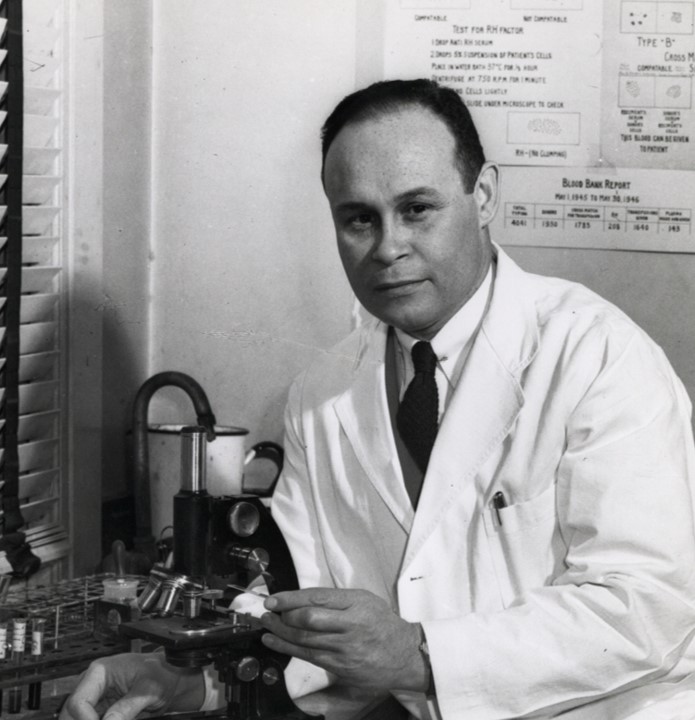
James McCune Smith Charles Richard Drew
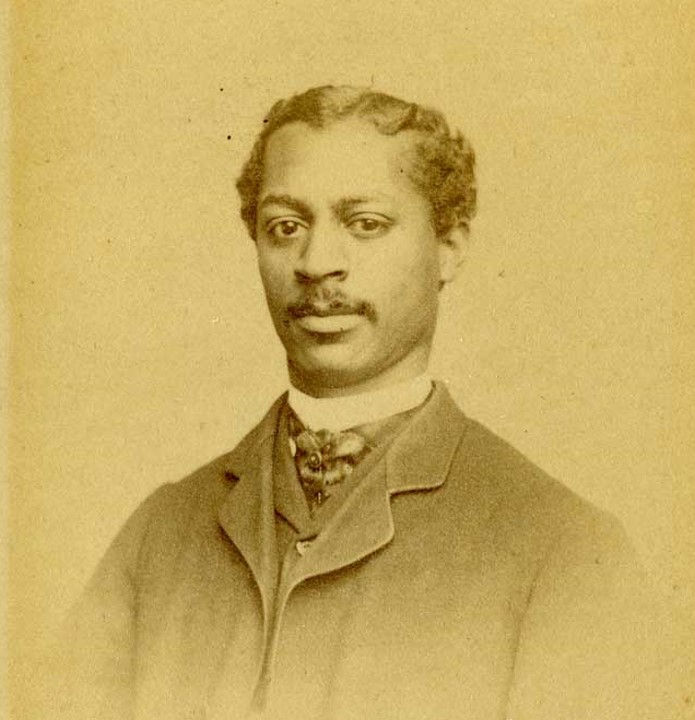
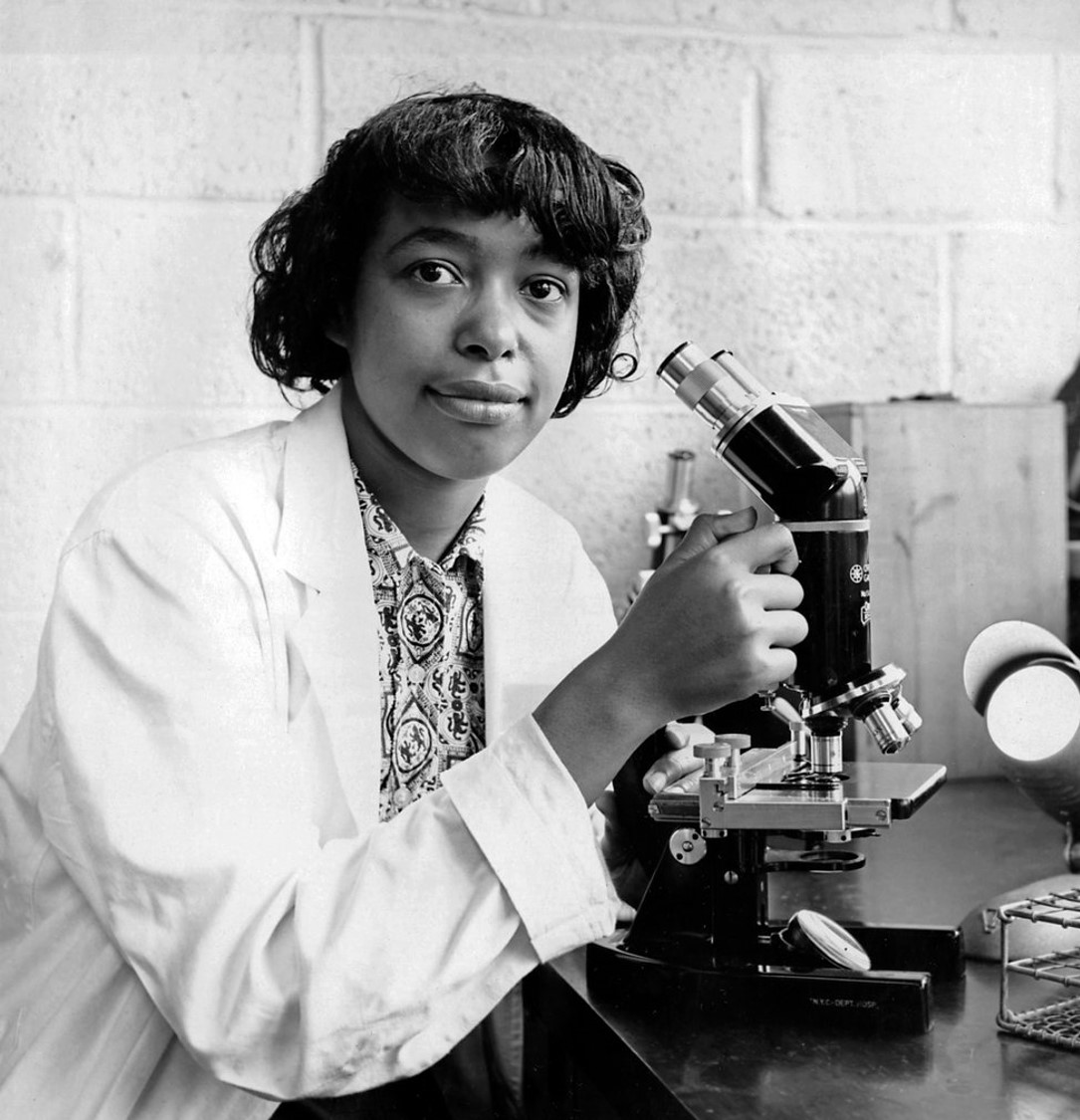
Robert Tanner Freeman Patricia Bath
